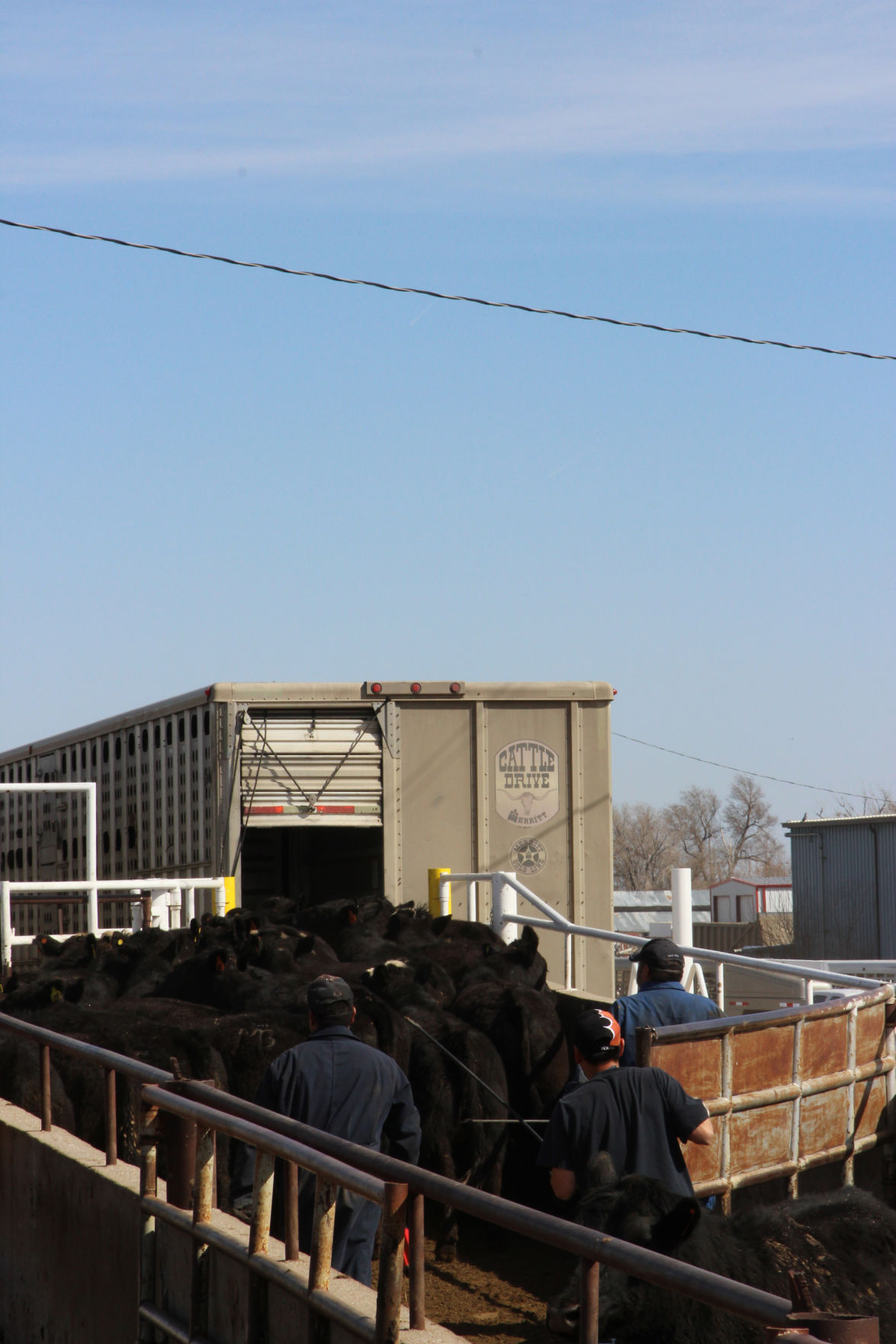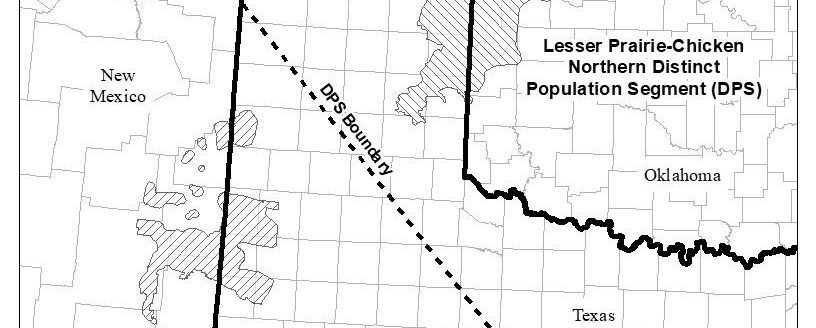Members of the U.S. Senate and U.S. House agriculture committees disagreed with a decision by the U.S. Department of Transportation’s Federal Motor Carrier Safety Administration to deny an exemption for truckers hauling livestock from federal mandates.
The federal agency said approval of the request would not lead to safer conditions for drivers. Its decision was posted online Nov. 29. Several agricultural groups had sought the exemption.
FMCSA announced its decision to deny the joint application from the National Cattlemen’s Beef Association, Livestock Marketing Association, American Farm Bureau Federation, American Beekeeping Federation, American Honey Producers Association and National Aquaculture Association for an exemption from certain provisions in the hours-of-service rules, according to a summary statement posted by the FMCSA.
“The requested exemption was made on behalf of drivers who transport livestock, insects and aquatic animals. The applicants requested approval for drivers, after 10 consecutive hours off duty, to drive through the 16th consecutive hour after coming on duty, and to drive a total of 15 hours during that 16-hour period. FMCSA analyzed the application and public comments and has determined that the exemption would not achieve a level of safety that is equivalent to, or greater than, the level that would be achieved absent such exemption.”
“I’m disappointed that this administration once again failed to listen to the farmers and ranchers who know what is best for their animals,” said Sen. Roger Marshall, R-KS. “Hauling live animals presents unique challenges that the one-size-fits-all hours of service rule does not accommodate. Rejecting this request keeps a layer of bureaucracy and red tape on an industry that is already struggling to find workers and meet consumer demand.”
U.S. Representative Tracey Mann, R-KS, also disagreed with the decision.
“This week, the Biden administration denied a waiver to allow haulers of livestock and agricultural commodities extra time to safely navigate roads and deliver perishable goods. Kansas is a national leader in beef production, and our producers are well aware of the unique set of issues that drivers face while transporting livestock and grain,” Mann said. “The livelihoods of America’s agricultural producers are at stake, and consumers depend on producers’ longstanding commitment to keeping America fed. With a looming rail strike, a worker shortage, and a struggling supply chain, we must provide regulatory relief to agricultural producers. Now is not the time to hinder the swift transportation of food.”
Dave Bergmeier can be reached at 620-227-1822 or [email protected].



